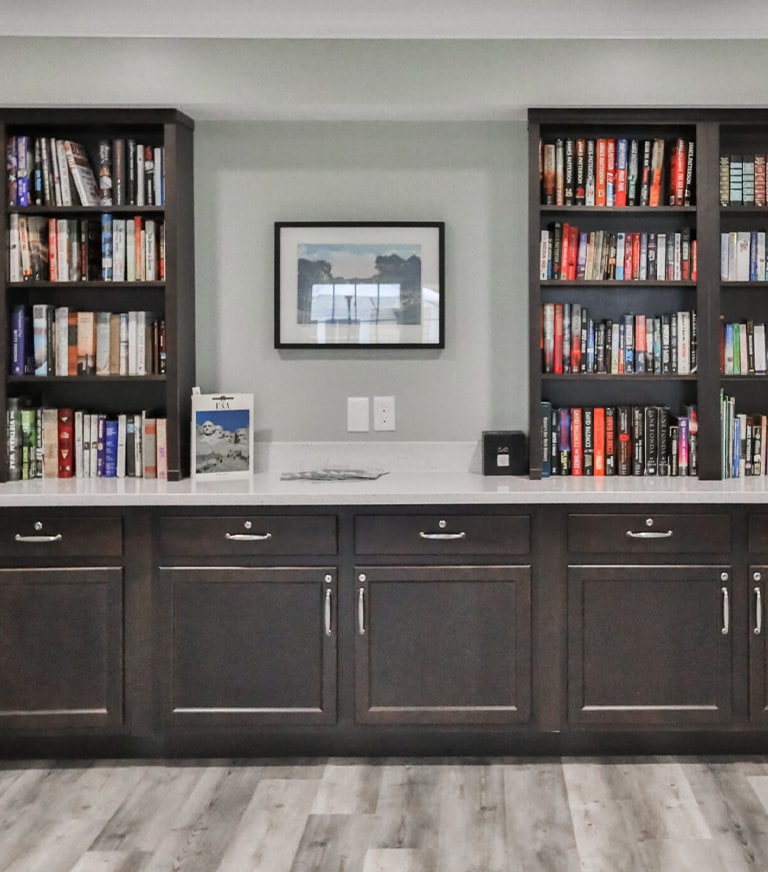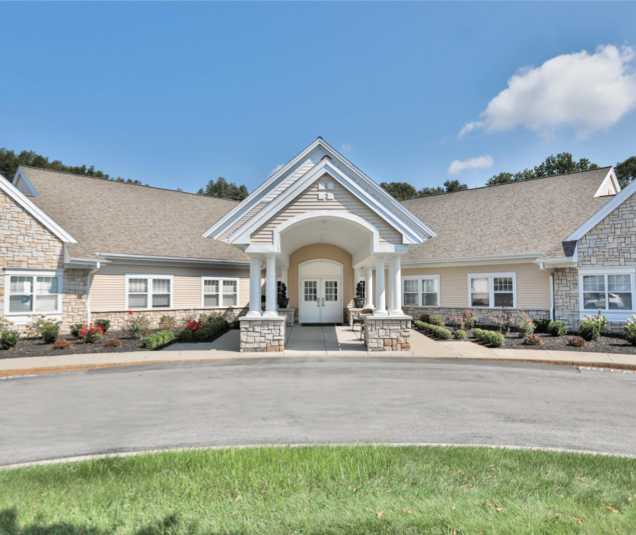“Memory care” and “dementia care” are frequently used when discussing specialized care for older adults. Though they may sound similar, these terms relate to different kinds of services and support specifically designed to meet the requirements of people with cognitive difficulties.
When choosing the appropriate care for a loved one, it’s important to understand the distinction between them. This article explains the differences between dementia and memory care and provides advice on making an informed choice.
Memory Ailments & Dementia
It’s important to define the circumstances that memory and dementia care address before distinguishing between them. Memory impairments range from moderate age-related memory loss to more serious cognitive problems. Conversely, dementia is a general term used to characterize a collection of symptoms that significantly impair thinking, memory, and communication to the point where they can become disruptive to day-to-day activities.
Key Characteristics of Memory Care
Individuals with memory impairments, such as those brought on by Parkinson’s disease, Alzheimer’s disease, Lewy Body dementia, and other memory issues, are the focus of memory care institutions. These facilities are made to provide a secure atmosphere with well-organized schedules to lessen residents’ stress.
Memory Care Staff Members
These communities’ staff members are specially trained to manage the particular difficulties associated with memory loss, and they frequently offer the following services:
- 24-hour supervised care
- Cognitive and physical therapies
- Memory-enhancing activities
- Ways to reduce wandering and disorientation
Personalized Care Plans
Memory care facilities recognize that each resident has their own set of needs, challenges, and preferences. To address this, they create personalized care plans that cater to the individual’s specific requirements.
24-hour Supervised Care
This includes assistance with daily tasks such as bathing, dressing, and medication management, making sure that residents receive the support they need at all times.
Cognitive & Physical Therapies
This can include memory games, puzzles, music therapy, and art classes. These activities are enjoyable for residents and serve as a form of cognitive rehabilitation, helping to slow the progression of memory loss.
Secure Environment
This includes secured entrances and exits and enclosed outdoor spaces that allow residents to enjoy the outdoors while keeping them safe.
Family Support & Education
Memory care may provide education on the nature of memory conditions, guidance on effectively communicating with a loved one experiencing memory loss, and support groups for families to share their experiences and challenges.
Key Characteristics of Dementia Care
While dementia care follows many of the same guidelines as memory care, it frequently concentrates more on the intermediate to advanced phases of the disease. In dementia care settings, caregivers know how dementia progresses and can offer the following services:
- Cognitive and physical therapy
- Memory-enhancing activities
- Techniques to reduce wandering and disorientation
Specialized Staff Training
This training equips them to better understand the cognitive, behavioral, and emotional changes experienced by residents with dementia, enabling them to provide compassionate, effective care.
Enhanced Safety Measured
This includes secure living areas and technology-assisted monitoring systems to provide continuous safety without infringing on residents’ dignity.
Customized Engagement Programs
These programs often incorporate sensory stimulation, physical activity, and social interaction, helping maintain or improve quality of life.
Support for Behavioral & Psychological Symptoms
Dementia care facilities are equipped to manage a wide range of symptoms, often employing non-pharmacological interventions to create a calm, comforting environment.
Family Involvement & Support
This can include counseling, educational resources about dementia, and regular updates on the resident’s condition.
Key Differences Between Memory Care & Dementia Care
Memory care and dementia care both address cognitive decline, but they differ primarily in terms of specialty and range of services provided.
Memory Care Distinctions
A wider spectrum of memory disorders is usually supported by memory care, which frequently offers a more all-encompassing approach to cognitive support. They offer programs designed to slow down memory loss while preserving cognitive and physical capacities.
Dementia Care Distinctions
In contrast, dementia care services tend to focus on advanced stages of dementia with more intensive hands-on care. They cater to specific challenges of dementia progression, like communication difficulties, severe memory loss, and significant personality changes.

Making the Choice
Choosing between memory care and dementia care is a personal decision and depends largely on the individual needs of your loved one. Considerations should include:
- The stage of dementia or memory impairment
- The rate of progression of the condition
- The current level of support required
- The likely future care needs
Speaking with medical experts can provide important information about the nature of your loved one’s condition and how it can develop. You can also discover which care facility is the best fit for your loved one’s needs by visiting several communities and talking with their personnel.
While both dementia care and memory care offer essential assistance to those with cognitive difficulties, it is critical to recognize the distinctions between the 2 to make an informed decision that will protect your loved one’s well-being. You can choose a care plan that provides your family member with comfort, dignity, and specialized attention with careful thought and guidance.
For further assistance in making the right decision for dementia and memory care needs, reach out to Peregrine Senior Living at Clifton Park for guidance tailored to your unique needs.











Getting an early start on our Valentines Day Crafts🩷❤️ ... See MoreSee Less
0 CommentsComment on Facebook
Today, we honor the life and legacy of Dr. Martin Luther King Jr.—a leader whose message of equality, compassion, and courage continues to inspire us all.
His dream reminds us that even small acts of kindness can ripple outward and create lasting change.
May we carry his vision forward by leading with empathy, listening with understanding, and building communities grounded in love and unity.
peregrinecliftonpark.com/ ... See MoreSee Less
0 CommentsComment on Facebook
Happy Friday! Today we got out to the 9am mass service at Saint Edward’s the confessor church and finished the morning off with breakfast to our local IHOP 🥞 ... See MoreSee Less
1 CommentsComment on Facebook
Winter crafting projects ❄️☃️ ... See MoreSee Less
1 CommentsComment on Facebook
On site cookie class with 518 Sweets🍪😊 ... See MoreSee Less
2 CommentsComment on Facebook
A new year means new beginnings, and for many, that includes finding a place that feels like home. 🏠❤️
Our community offers the perfect blend of comfort, engagement, and care. Whether you’re looking for a vibrant social lifestyle or the peace of mind that comes from knowing support is always nearby, you’ll find it here.
Schedule your tour today and see how life at Peregrine can help you or your loved one thrive in 2026 and beyond!
peregrinecliftonpark.com/ ... See MoreSee Less
Learn More
Senior Living Community at Clifton Park, NY | Peregrine
peregrinecliftonpark.com
Compassionate memory & respite care in Clifton Park, NY. The Peregrine Way® uses a personalized approach to dementia support and family-centered living.0 CommentsComment on Facebook
A New Year, A Supportive Next Step!
Check out our 3-minute YouTube video on our Community. ... See MoreSee Less
6 CommentsComment on Facebook